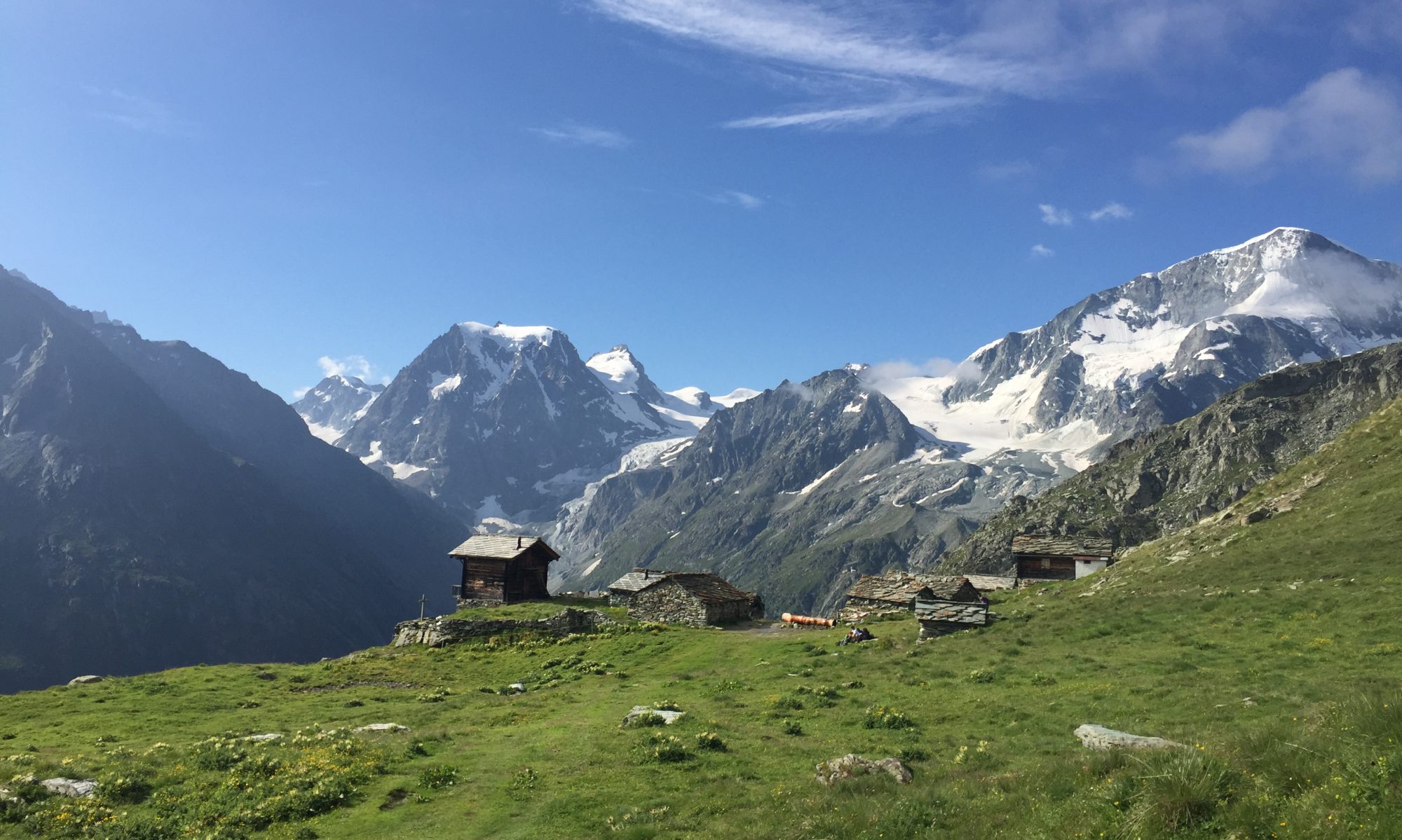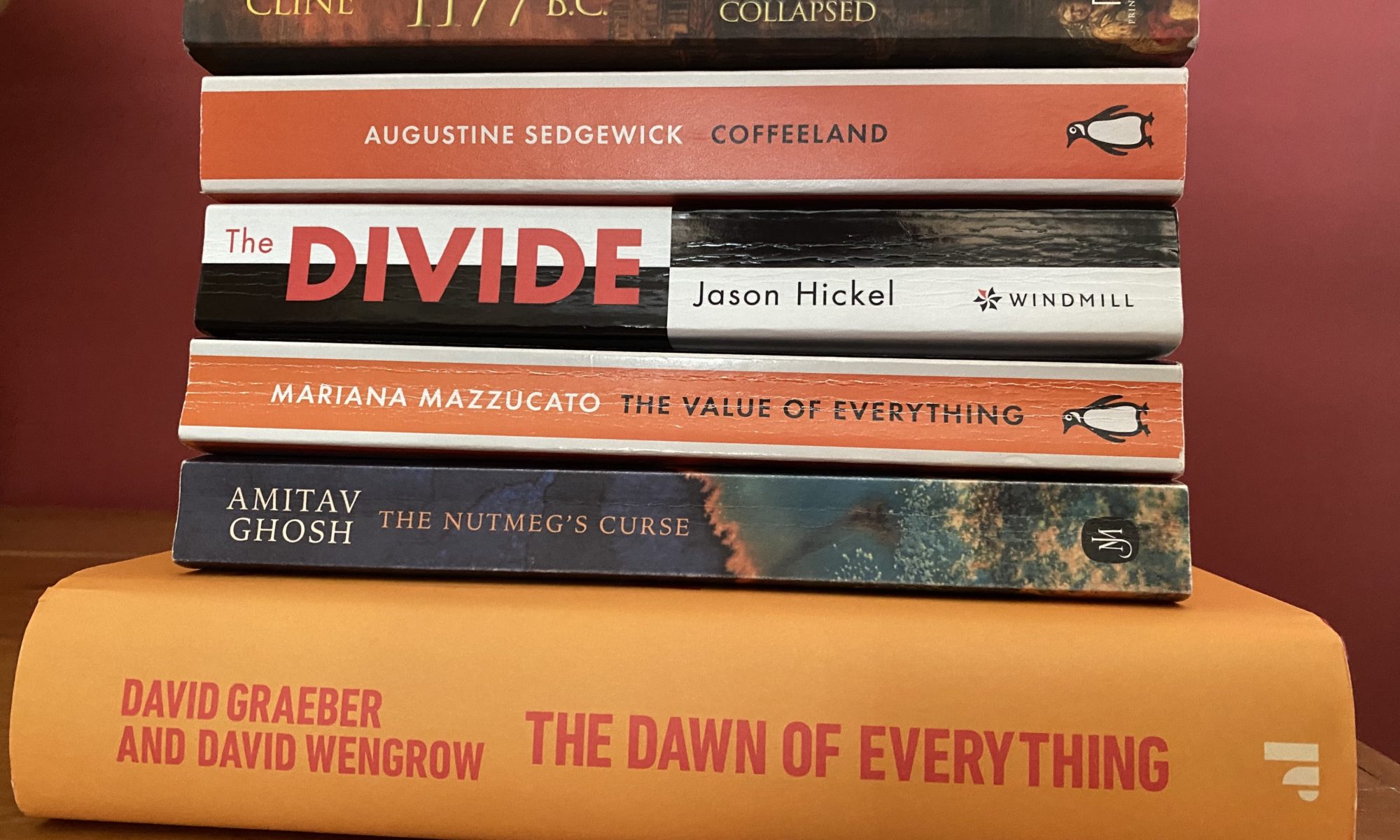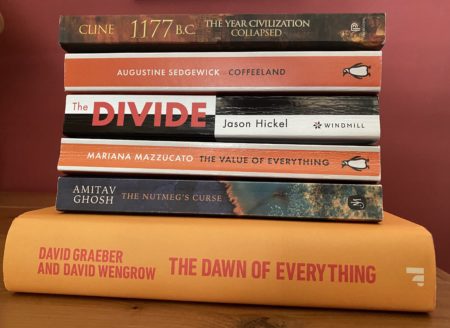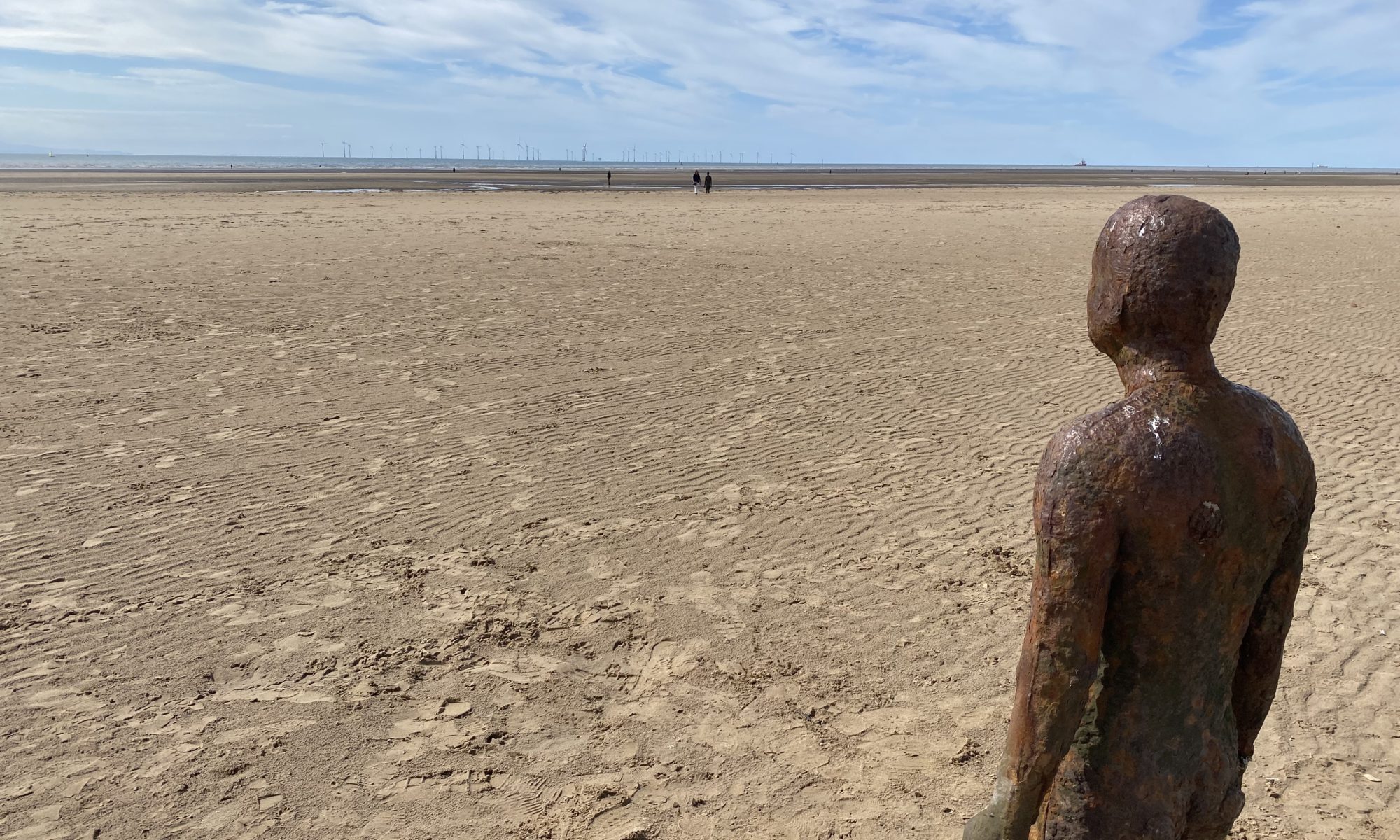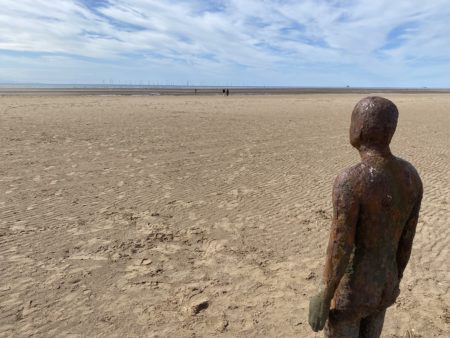
Keeping on Keeping On!
The title of Part I purposefully had a question mark in the title. Today’s sustainability efforts are delivering progressive incremental improvement across a range of issues and impacts. Companies can tout their progress, customers feel reassured, and governments can point to the market working. Yet doggedly keeping on the current path is not the way forward.
I start Part II then with an exclamation mark in the title. Because what’s needed now, to keep on keeping on, is a more mindful way. The future of sustainability and a career in sustainability depends upon a different course or courses.
Mid-Single Digit Growth. Really?
People I speak with, especially those with 20-30 years of career ahead of them can’t imagine how companies can continue to grow at ‘mid-single digits’ throughout their career and for the period during which they will draw their pension. The only question seems to be how to change? Clearly we need to move beyond incremental value chain innovations still rooted within the current business model. We need to challenge growth, and the business model itself. Which is tough, and getting tougher as chill winds blow through the sustainability world.
Five or so years ago the mantra was “growth and margins allow us to do sustainability”. There was a subtle shift a few years ago, as questions about the compatibility of growth and sustainability increased. The talk shifted to the triangle of growth, margins and sustainability. Implying that there was a balance in place. Except that there wasn’t.
We are currently witnessing an explicit swing back to growth and margins. Sustainability is being marginalised as the realisation sinks in that it actually costs money. But as I said in Part I, the issues haven’t gone away. The pendulum will swing back. And when it does a realisation will sink in about the whole concept of growth.
Degrowth: First they ignore you…
It is pretty clear that the current incumbents in executive suites won’t question the business model built around continual growth. They are too vested in their positions, with the privilege and remuneration packages that depend upon it. It is also hard to see the next layer down ready to lead the disruption needed. They have worked for 20+ years and are close to the prize. It is their turn for power and privilege. So who will lead the change?
To quote Milton Friedman: “Only a crisis – actual or perceived – produces real change. When that crisis occurs, the actions that are taken depend on the ideas that are lying around. That, I believe, is our basic function: to develop alternatives to existing policies, to keep them alive and available until the politically impossible becomes the politically inevitable.”
For some, building resilience in the face of ‘collapse’ has become a serious line of enquiry and development. That seems to me to be a little too fatalistic. But it does provide the necessary jolt to the thinking. For many the more realistic alternative is degrowth, to be followed by post-growth.
Then they laugh at you. Then they attack you…
Degrowth starts from a familiar analytical place – planetary boundaries, inequalities, basic human rights and needs, but adds in the absurdities of endless growth and the inappropriateness of GDP. The degrowth movement is building the logic and the evidence (both the what and the how) that can guide its move from concept to actionable steps, here, here and here.
This is now starting to feed varying degrees of denialism. Commentators, authors and opinion leaders are feeling the need to either laugh at or attack the concept. In a few cases they are proposing solutions that look and feel the same and achieve the same ends, but in their own words. This is all good; part of the scrutiny and socialising that is needed – the process that Milton Friedman spoke about.
If this still seems like an intellectual debate not relevant for individual companies, then there are a few people (here and here) providing insights, examples and ways forward for what it means for business and finance.
There is no doubt though that this will be disruptive for business to varying degrees. I prefer to think of the following triage.
- There will be companies that are in industries that have products that are needed: food, healthcare, housing, public transport. The challenge for these companies is not just to improve performance and reduce impact, but improve quality and reduce over-production. Some business model redesign will be required.
- Industries with products and services that are not needed. For example its pretty clear that fossil fuels have no future. Add to this your favourite examples such as private jets, space tourism etc etc. The list is potentially long. The challenge for these companies is to phase down production or pivot to a different product.
- Industries where demand will look very different, particularly where we need to rebalance the provision of private and community services. For example a shift from private cars to public transport. Or a reimagining of advertising and marketing away from ‘selling more’ to ‘building awareness’ (solutions that are available, where to get help etc).
It is not the intent here to describe degrowth, (nor the post growth that will follow it), in detail, though it is worth saying that ‘the movement’ spans degrowth capitalism through to degrowth communism. It plays to the calls for a just transition and there is still work to ensure that the concept does not perpetuate the global power imbalances which have got us to where we are. Whilst all of that is worked through, I would suggest that there are three immediate starting points.
Laying the Groundwork
The first is for corporate sustainability staff to become educated on the ins and outs of degrowth, and what it could mean for them and the corporate world. I have been struck recently by how little time people in the corporate world have to keep up with new ideas, or sit and reflect upon trends. This has to be a key priority. Armed with this information, choose carefully which part of the degrowth triage you wish to work in.
The second point is to work on the intergenerational aspect to sustainability. We all know talented young people who have walked away from the corporate world as its growth obsession and consequent business model do not align with their values. There is even the evidence.
A colleague recently reminded me that this generational story has of course played out many times before. Maybe. Limits to Growth seemed far-fetched for many in 1972, and even in 2002. But it feels very real today with the consequences of 50+ years of exponential growth.
So we need to prepare the groundwork for the next generation to be able to successfully implement the longer-term transformation that’s needed. What those challenges and tasks are depends upon which part of the degrowth triage a business is sitting in. Sustainability will start to look very different and take different courses.
Ethics & Values
Whilst we prepare the ground for a different type of economy and society, there is a more immediate pivot needed. A different foundation for sustainability. Alison Taylor and Nigel Dudley have both eloquently made the case for a focus upon ethics and values.
It is surprising looking at corporate reports how some companies hardly talk about business ethics. Plenty do, claiming that they are a foundational principle, yet they are positioned almost as an after-thought at the end of the sustainability report. Ethics and values should be at the front, framing the sustainability agenda, and setting down a marker for where a company stands.
Rather than seeing human, animal, and nature rights as compliance issues, we need to see them as the foundations for the new role of sustainability teams to guide the innovation and strategy processes (see Part I).
…Then you win
I started this two part blog with a question mark. Keeping on keeping on as we are is clearly not sensible if we wish to avoid the collapse scenarios. But there is a way to keep on keeping on. And we need to do so mindfully.
